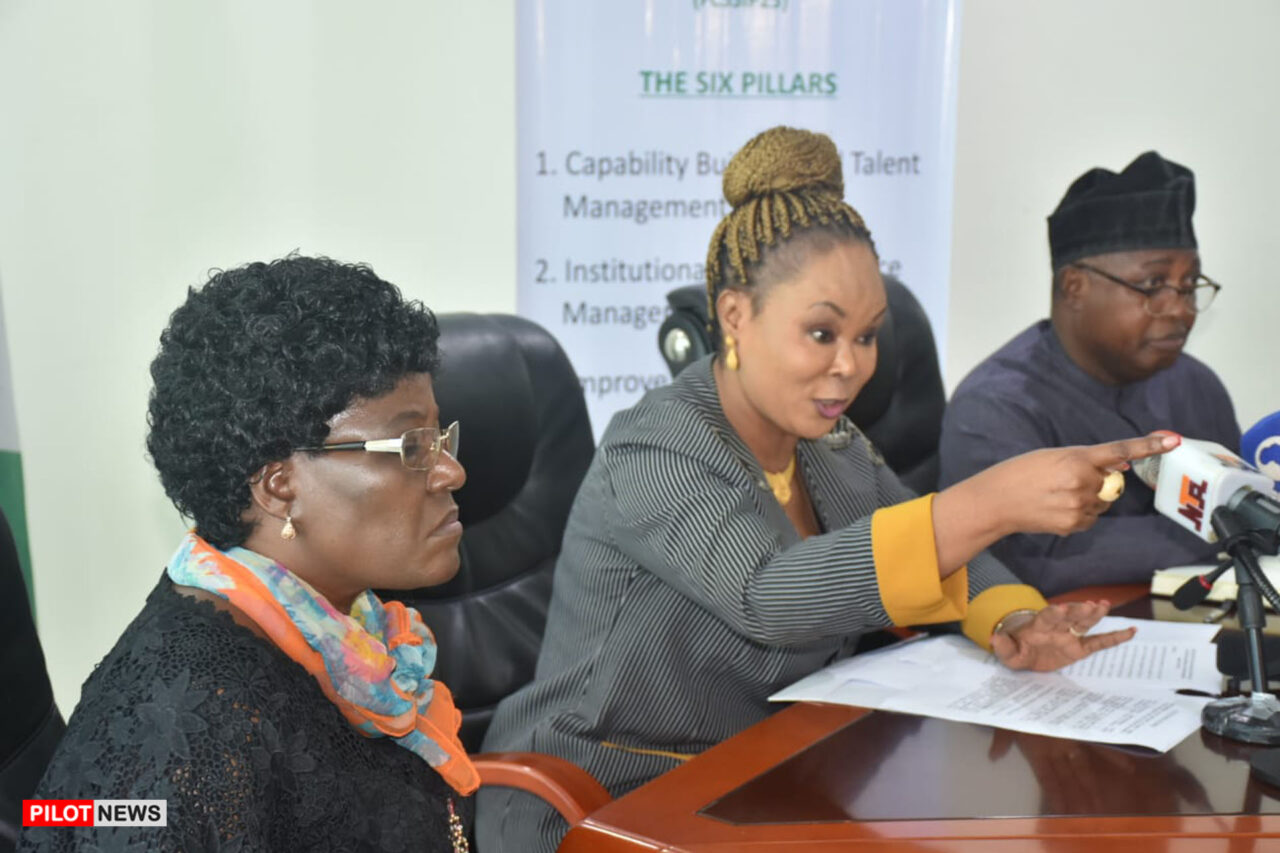The Minister of Women Affairs, Barr Uju Kennedy Ohanenye has reiterated the need for appropriate measures and policies to be put in place to address the in-balance in gender equality in Nigeria which is responsible for the low economic status of Nigerian women in comparison with their male counterparts
Ohanenye expressed concern over the fact that Nigeria is ranked 123rd globally based on the 2022 World Gender Gap report, and identified some of the issues responsible for that.
She said, “Part of the issues that contribute to this Gender Inequality on economic status of Nigerian Women is the present trend where some of the funds from Development Partners such as World Bank and United Nations International Children’s Emergency Fund (UNICEF) are not properly channeled to change the status of vulnerable women and children” She said.
The Minister while speaking on wide range of issues bordering on empowerment of Nigerian Women and the Girl Child, recalled that “Some Nigerian women at the rural levels for whom these funds are meant for, still suffer deprivation and those who are into farming are subjected to still use bare hands when they can be introduced to modernized equipment which will not only enhance their productive capacity but will also enhance their socio-economic wellbeing.
“We cannot be doing things the old ways and expect better outcomes. Our women deserve to use modern equipment in farming if their impact must be felt in growing the nation’s Gross Domestic Product” She stated
In a Press Statement made available to journalists by Ohaeri Osondu Joseph,
Special Assistant, Media to the Minister, Ohanenye also revealed plans by the Ministry to acquire modernized rice milling machine that will de-stone, de-chaff, parboil to ensure increased rice production which will ensure food sufficiency in line with President Bola Tinubu’s policy on Renewed Hope Agenda on food security.
Speaking further on the need to justify release of Funds from Foreign Donors, the Minister advocated for proper accountability, transparency and the need for the funds to be accessed by the actual end users at rural communities as this measure will reduce insecurity, poverty, inflation and other social vices.
On the rate of out-of- school children in Nigeria, Ohanenye compared 2018 report of the United Nations Educational, Scientific and Cultural Organisation (UNESCO) of 10.5 million and the 2022 figure of 20 million and called for urgent government action to reverse the trend through empowerment of women with skill acquisition and vocational trainings which will enhance their productive capacity, make them self-reliant and support their husbands to put their children through schools and thus reduce the number of children who are out of school in Nigeria.
- The Great Divide – How City Boys & Village Boys Mirror Nigeria’s Deepest Political Fractures - February 25, 2026
- China Dazzles the World with Its Spring Festival - February 20, 2026
- Things Are Not the Same Without Osinbajo – Makinde - January 25, 2026

